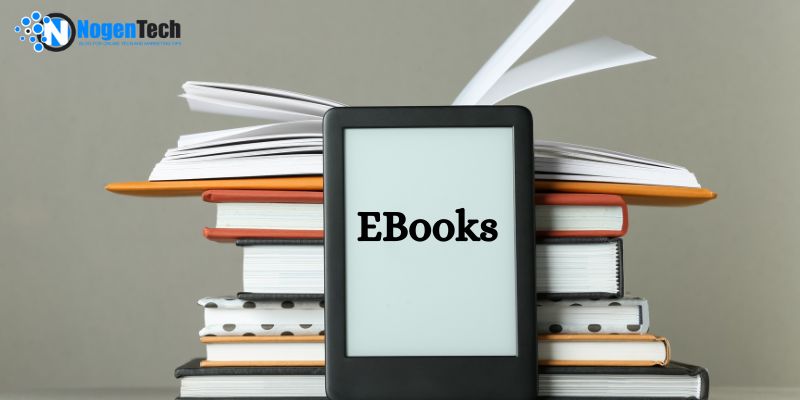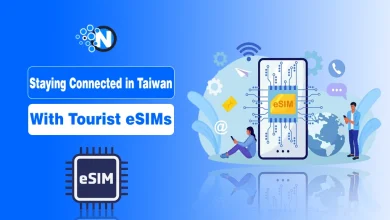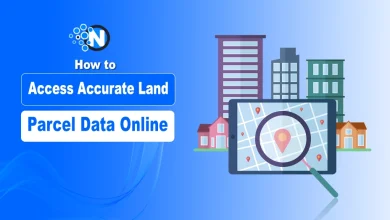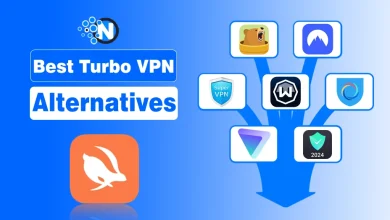The Benefits of eBooks for Students and Educators

Everyone is taking the digital approach to dealing with day-to-day tasks while overcoming the traditional ways. One of these activities that have transformed over the years is the concept of libraries that has now been replaced with eBook libraries such as the Z library. But is the influence of eBooks actually beneficial for students and educators?
eBooks have brought tremendous benefits for students and educators as they don’t have to carry piles of paper books everywhere. Students can carry thousands of books and the treasure of knowledge in the palm of their smartphone or tablet, which is highly convenient to access as compared to hard copies of books.
Feasibility of storage is not the only advantage that you get with an eBook. In this article, we are going to share the benefits of eBooks for students and educators. Each benefit will reflect some of the reasons why any novel reader should switch to the digital means of reading books instead of the hard copies.
1. Study More Conveniently

An eBook is convenient to carry along. Carrying a mobile device that supports eBooks is more convenient than carrying a bag full of books. Today’s pupils almost always carry a mobile device. It might be a laptop, tablet, or smartphone. The mobility of an eBook allows students to access their notes and course materials whenever they choose. Instead than lugging many volumes, students may now store everything in one location.
2. Downloadable Books with Offline Access

Over half of the world’s population has access to the Internet. However, we all have connection and network troubles from time to time. To guarantee that the Internet connection does not interfere with the learning process, mobile devices now have offline capabilities. Students may now download whatever information they desire, store it on their device, and review it later at their leisure.
3. Interactive Features
eBooks are more than simply reading materials; they include all of the necessary features to let students take notes and highlight text. Annotations, pen tools, page zoom, search, read-aloud, and other interactive capabilities are available on eBook readers. The most popular feature is the search function, which can quickly discover words and subjects.

The search function saves time by eliminating the need to turn page after page to discover a certain topic or word. They may bookmark pages and chapters. The online dictionary allows them to rapidly find the meanings of words. In addition, the user may vary the text size and style, as well as adjust the device’s brightness, to suit their eyes. An eBook is an all-in-one gadget that offers pupils a comprehensive learning experience.
4. Advanced Way to Deliver Accurate Value
The course content does not have to be all text. You may incorporate music, animations, movies, and audio explanations into your learning module. Videos make learning more enjoyable. Students can pause and rewind the video to see it again. Animations are enjoyable and engaging, and they have a higher retention value.

Watching video content helps you recall information far better than reading the same material. Many publishers are increasingly including movies in their eBooks to keep students engaged with the course material. Videos and animations provide both entertainment and educational value. It improves their ability to learn and retain knowledge.
5. AR Based Images
Augmented reality is gradually altering the learning environment. Including augmented reality in eBooks gives students with a more engaging learning experience. AR can convert any conventional image into an augmented 3D image that students may view from any angle.

They just aim their AR app-enabled smartphone at the image or item, and a computer-generated visual appears on their screen. This 3D graphic contributes to students’ immersive and captivating learning experiences. Students would find these improved images more intriguing than flat representations. It can also include links to relevant other websites where they can learn more about the displayed image.
6. Saves on Printing Costs
eBooks don’t require paper. Authors can submit their work in PDF format, which can be transformed into e-books. The paper does not enter the image. As a result, it saves you money on everything associated to printing, including acquiring printing paper, producing layouts, and hardcovers. It even helps the environment by reducing the need to print.

Millions of trees are taken down each year to make paper. Add to that the costs of shipping, paper production, and the overall carbon impact. All of this may be prevented if you convert to eBooks. This is also why eBooks in education might be a better alternative to traditional books.
7. Up to Date Content
If there is any new content that has to be put in the curriculum, regular paperback books will most likely have to be reprinted. However, with eBooks, all learning materials are saved on the cloud.

This implies that you may update eBooks whenever you want, and the changes will be reflected in all eBooks. As a result, you can always ensure that your students have access to the most recent material. This reduces your reprinting costs.
8. Collective Learning

What if there is a single book to learn from but multiple readers to attend to? An E-book makes it easier for students to enhance their sharing experience by making the digital content more shareable. With an eBook, you can share the learning material with just a click of a button, rather than passing a physical hard copy of a book to share with one another.
Therefore, digital books also promote the process of collaborative or collective learning for students by assisting them in sharing the content material more conveniently.
Conclusion
Even after the influence of eBooks in the educational sectors and publication industry, physical hard copies of books still hold a significance of nostalgia. It’s not a liability to read an eBook as its only for the convenience of readers who struggle with finding the right reads of their choice. With the benefits of eBook mentioned in our article, students and educators will surely take a new approach towards the trend of reading, studying, and teaching.




